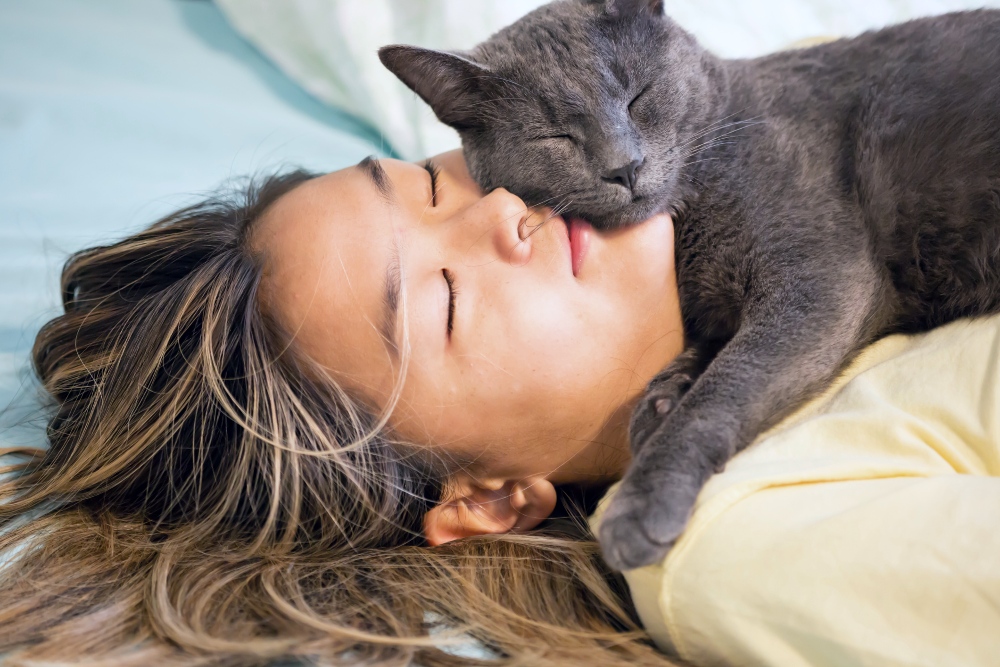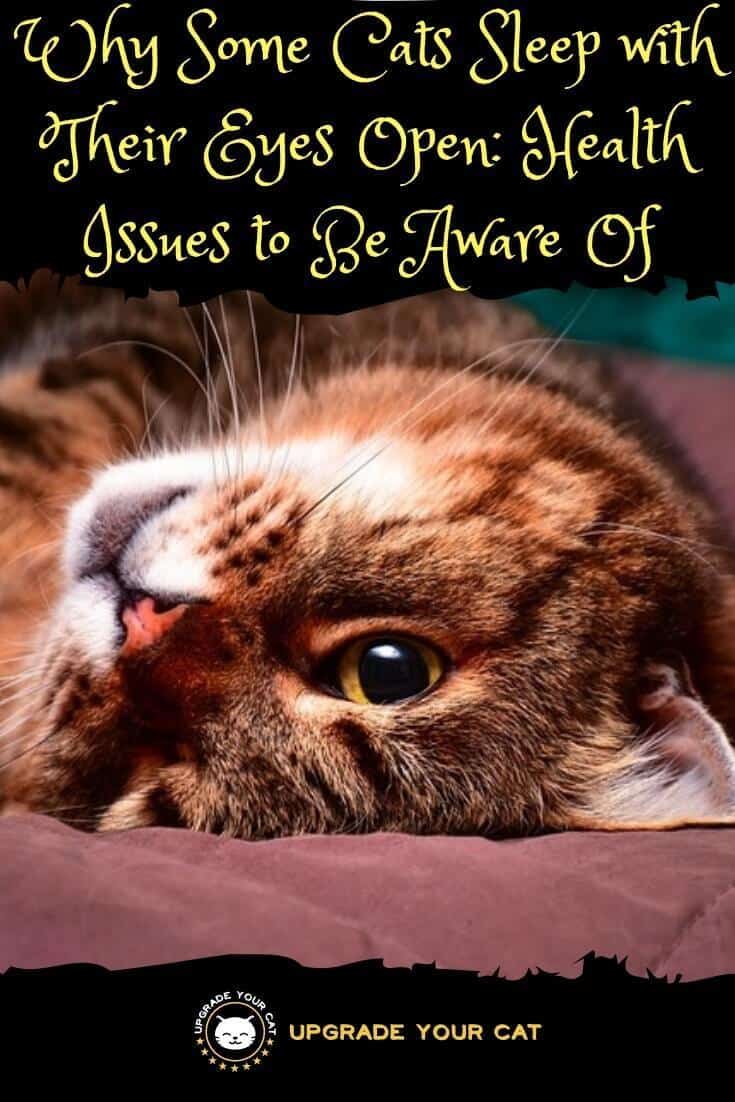Get the latest information about Why Does My Cat Sleep With His Head Down in this article, hopefully providing better understanding for you.

Why Does My Cat Sleep With His Head Down?
As a cat owner, you’ve likely observed your feline companion engaging in peculiar sleeping positions, including sleeping with their head down. This behavior might leave you wondering about its causes and whether it’s a sign of any underlying issues.
In this comprehensive guide, we’ll delve into the reasons why cats sleep with their heads down, exploring possible explanations and providing expert advice on understanding your cat’s sleep patterns.
Understanding Feline Sleep Patterns
Cats are crepuscular creatures, meaning they are most active during dawn and dusk. This natural behavior influences their sleep patterns, leading them to sleep in short bursts throughout the day, with deeper sleep occurring at night.
During sleep, cats typically adopt various positions, such as curled up, on their side, or with their head down. Each position serves a specific purpose, providing comfort, warmth, or a sense of security.
Why Do Cats Sleep With Their Heads Down?
There are several reasons why cats may choose to sleep with their heads down:
-
Security: Cats have a natural instinct to protect their vulnerable areas, including their head and neck. Sleeping with their head down allows them to keep an eye on their surroundings while also keeping their vital organs close to the ground for protection.
-
Warmth: The head of a cat is densely populated with blood vessels, making it one of the warmer parts of their body. By tucking their head down, cats can conserve heat and maintain a comfortable body temperature, especially in colder environments.
-
Comfort: The position of sleeping with their head down can provide physical comfort for cats. It allows them to rest their chin on the ground, reducing strain on their neck and shoulders.
-
Vision: Contrary to popular belief, cats can see upside down. The position of sleeping with their head down allows them to monitor their surroundings while remaining in a relaxed state.
-
Medical Conditions: In some cases, sleeping with the head down can be a sign of an underlying medical condition, such as respiratory issues, neurological disorders, or eye infections. If you notice a sudden change in your cat’s sleeping position, accompanied by other symptoms, consult with your veterinarian promptly.
Tips for Understanding Your Cat’s Sleep
Observing your cat’s sleeping habits can provide valuable insights into their health and well-being. Here are some tips for better understanding your feline companion’s sleep:
-
Pay attention to sleep patterns: Note the times your cat sleeps, the duration of each sleep period, and any changes in these patterns.
-
Monitor sleeping positions: Observe the different positions your cat adopts while sleeping and consider any changes in their preferences.
-
Provide a safe and comfortable environment: Ensure your cat has a designated sleeping area that is quiet, warm, and free from distractions. Provide soft bedding and consider using a heated cat bed during colder months.
-
Consult with your veterinarian: If you have concerns about your cat’s sleep patterns or notice any unusual changes, don’t hesitate to consult with your veterinarian. They can evaluate your cat’s health and rule out any underlying medical conditions.
Frequently Asked Questions (FAQs)
Q: Is it normal for cats to sleep with their heads down?
A: Yes, sleeping with their heads down is a common and relatively normal sleeping position for cats.
Q: Should I be concerned if my cat suddenly starts sleeping with his head down?
A: If there is a sudden change in your cat’s sleeping position, accompanied by other symptoms such as lethargy, loss of appetite, or breathing difficulties, it’s best to consult with your veterinarian.
Q: How can I make my cat more comfortable when sleeping?
A: Provide your cat with a comfortable and secure sleeping area, free from drafts and distractions. Offer soft bedding and consider using a heated cat bed during colder months.
Conclusion
Understanding why your cat sleeps with his head down can provide valuable insights into his behavior and well-being. While it’s generally not a cause for concern, it’s important to observe your cat’s sleeping habits and consult with your veterinarian if there are any sudden changes or associated symptoms. By providing a safe and comfortable environment and addressing any underlying health issues, you can ensure your feline companion enjoys peaceful and restful sleep.

Image: upgradeyourcat.com
You have read Why Does My Cat Sleep With His Head Down on our site. Thank you for your visit, and we hope this article is beneficial for you.